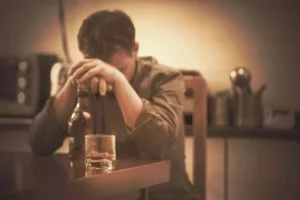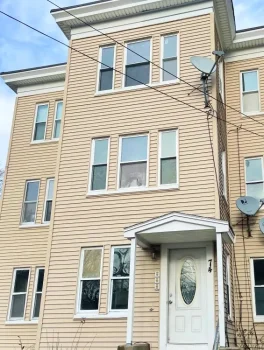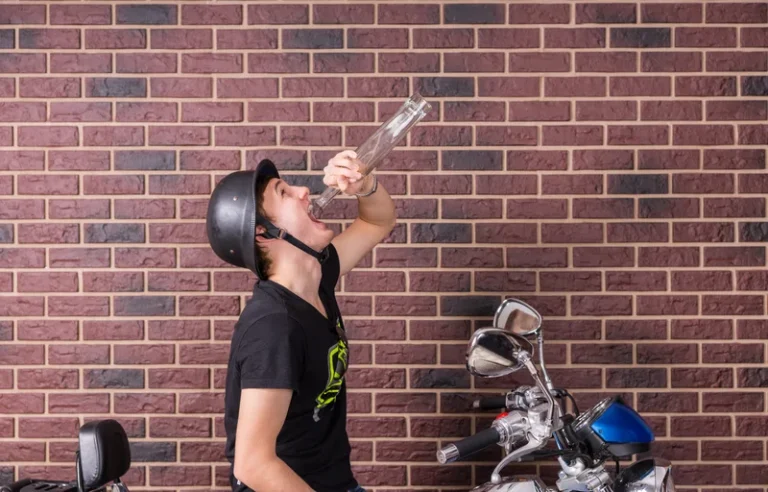
For this reason, medical intervention is strongly encouraged when you are attempting to stop drinking. Targeted medication can not only ease withdrawal and make you feel more comfortable but also prevent life-threatening consequences. Further, lack of sleep can impact your digestive system, lead to anxiety and depression, and can impair your immune insomnia after quitting drinking system.
Insomnia After Quitting Alcohol
- If this pattern repeats daily, a person is more likely to become dependent upon alcohol to fall asleep.
- This can make it difficult to fall asleep in the first place or go back to sleep if you happen to wake up in the middle of the night.
- This includes over-the-counter (OTC) sleep aids, marijuana, and alcohol.
- They may find themselves sleeping for longer periods without interruption and waking up feeling more refreshed.
- They may believe it reduces their anxiety over the day’s events and helps them get to sleep.
These simple yet profound practices encourage stillness, reduce nervous system activity, and prepare your body for sleep. Don’t be afraid to explore different techniques to find what works best for you. Nestled in the private hills of Los Angeles, Hollywood Hills Recovery is a boutique substance use treatment center offering holistic care. A lakefront oasis providing a continuum of personalized addiction treatment surrounded by scenic views with private rooms, luxury amenities, and group outings. Repeatedly recognized as Newsweek’s best treatment center in California, they offer highly personalized, non-12-Step care using evidence-based and holistic approaches. Monarch Shores offers luxury housing with beautiful ocean views and individualized addiction treatment in Southern California.
Don’t Let Financial Worries Stop You from Getting Treatment

As the body continues to adjust to life without alcohol, more noticeable what is alcoholism improvements in sleep quality begin to emerge. One of the most significant changes during this period is the reduction in night sweats and vivid dreams. The body’s temperature regulation, which was disrupted by alcohol use, starts to normalize, leading to more comfortable sleep. Fortunately, there are proven ways to manage these symptoms and promote restful sleep while your body is withdrawing from alcohol. This guide explores science-backed strategies to help you manage withdrawal symptoms, calm your nervous system, and get the rest you deserve. It can be relaxing with a cup of tea, a soothing bath, or a good book.
Remedy #3: Amino Acids For Sleep
- Sleep health plays a vital role in ensuring a smooth path to sobriety.
- However, as you begin to consume alcohol more often, your body begins to compensate in the other direction.
- It was also not always clearly stated that subjects were abstinent from cross-tolerant sedatives in addition to alcohol.
- Recognizing and addressing this issue early can make a substantial difference in your path to sobriety.
Sleep problems may persist even after promoting healthy sleep habits. In this case, you may need professional help to conquer your insomnia. Arista Recovery offers methods for our clients that can help you get quality sleep. The information we provide while responding to comments is not intended to provide and does not constitute medical, legal, or other professional advice. The responses to comments on fitrecovery.com are designed to support, not replace, medical or psychiatric treatment. Please seek professional care if you believe you may have a condition.
Prevalence of Insomnia During Alcohol Withdrawal

If The Recovery Village is not the right fit for you or your loved one, we will help refer you to a facility that is. “The bidirectional relationship between e…nd sleep improvement.” American Journal of Lifestyle Medicine. Explore what it means when someone called you a functioning alcoholic, with empowering stories and insights. Explore how drugs are all around us, their impact, and prevention strategies to safeguard your loved ones. Discover alarming adult addiction statistics & facts in the US; from opioids to alcohol, the reality bites.
By relaxing in this way, ideally at nighttime, you will help your body fall back into its natural sleep patterns. A very high percentage of alcoholics experience insomnia during acute withdrawal as well as post-acute withdrawal, which occurs after detox and can last for up to a year. Research also shows that sleep disruption can last long after alcohol withdrawal symptoms cease. They may continue to occur in the two to six months of abstinence following withdrawal.

Consuming balanced meals throughout the day, avoiding caffeine, sugar, and heavy meals close to bedtime can go a long way in improving sleep quality. For those with a serious addiction and years of heavy drinking behind them, it’s expected that the insomnia may last longer. Moreover, if the individual has any other underlying health issues, the duration might prolong as their body is already in a compromised state. The circadian rhythm – the innate biological clock that manages our sleep-wake cycle – holds a crucial role in this narrative. Alcohol is known to disrupt this rhythm, altering our sleep patterns when consumed in excess.

This emotional turbulence often leaves individuals asking, “Why Can’t I Sleep After Quitting Drinking? Understanding Insomnia in Withdrawal” becomes crucial as it sheds light on the intricate connection between sleeplessness and mood swings during recovery. Over time, your brain becomes dependent on alcohol to maintain these heightened levels of GABA activity.
How Long Can You Live Drinking 12 Beers a Day?
Treatment for this condition includes sleep restriction, cognitive behavioral therapy, and more. For those of us who do, sleep disturbances may subside as other withdrawal symptoms decrease. Table 2 highlights some of the most commonly covered sleep hygiene principles.
